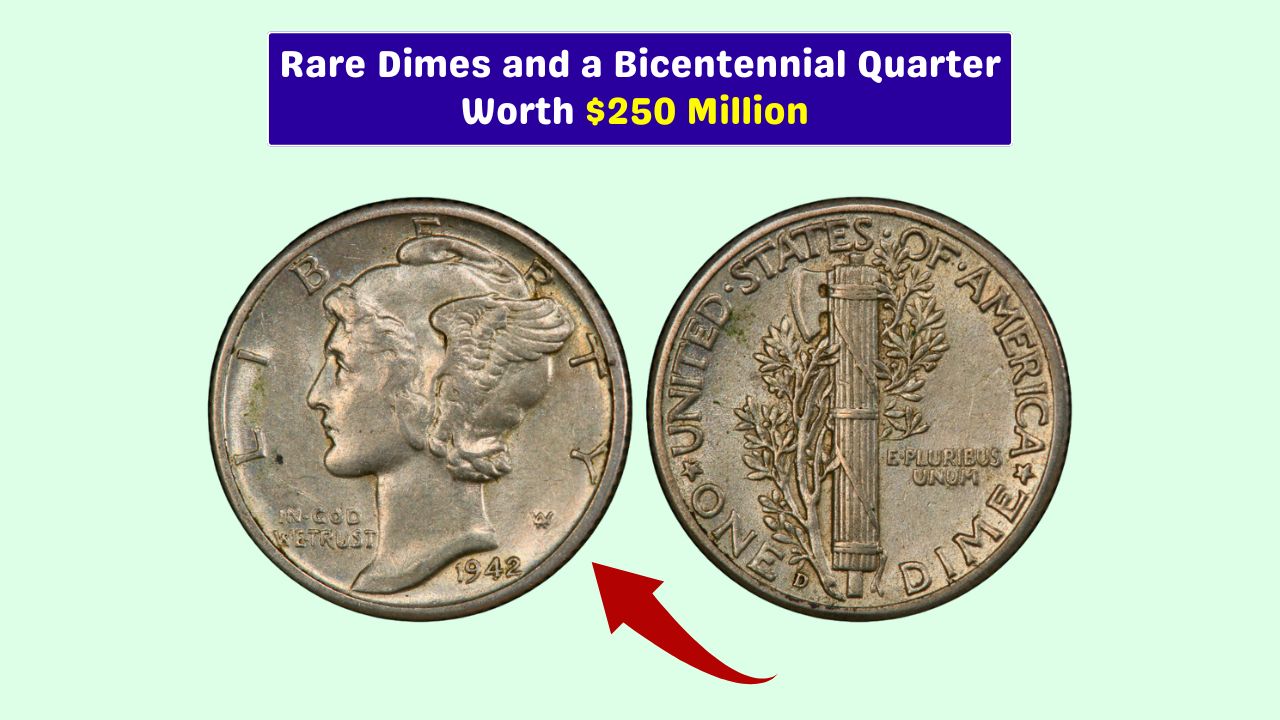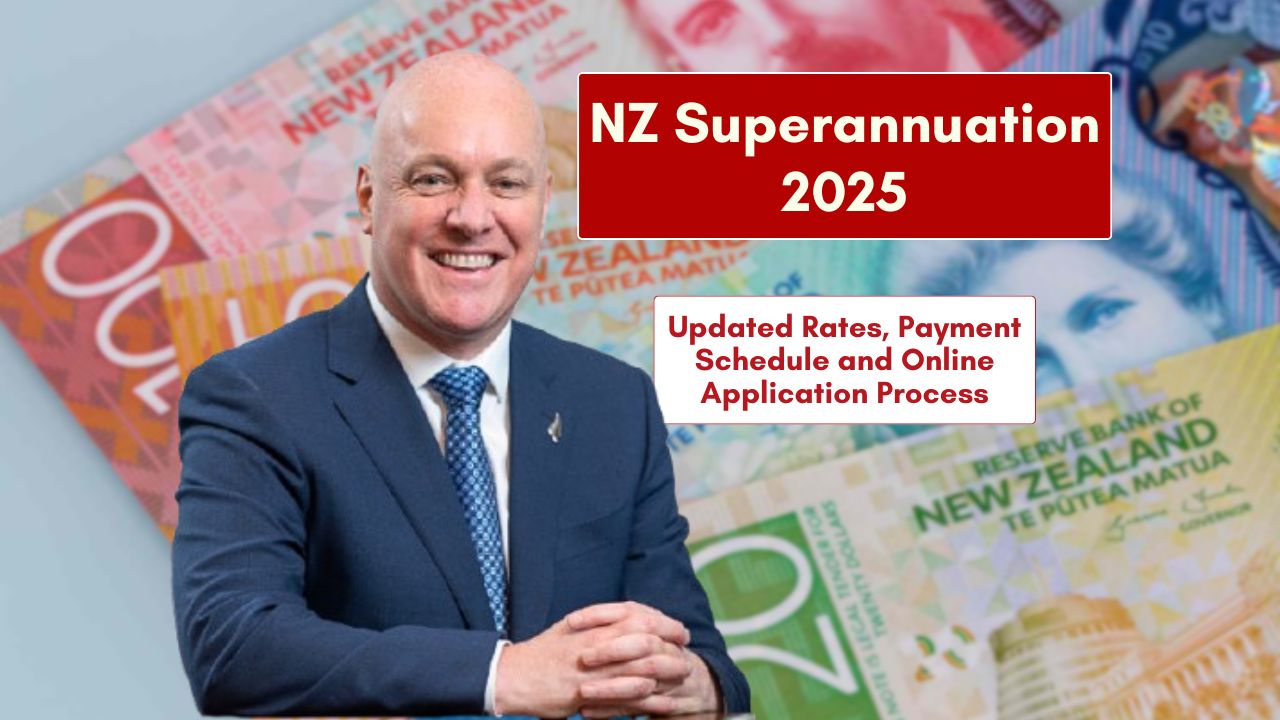The Social Security Administration (SSA) is once again turning its focus to a long-standing problem: recovering billions of dollars it says were mistakenly paid out. After putting collections on hold during the COVID-19 pandemic, the SSA has now resumed efforts to recover $2.7 billion in overpayments.
This renewed push has triggered concern and confusion among beneficiaries, especially seniors and people with disabilities, many of whom had no idea they owed anything.
Table of Content
Reason
During the pandemic, the SSA paused many of its debt recovery efforts to reduce the financial burden on vulnerable Americans. With the public health emergency now officially over, the agency has restarted its collection efforts.
This includes trying to recover overpayments from about 1 million people. The SSA claims these funds were paid out in error—sometimes due to changes in income or living situations that went unreported, and sometimes due to its own internal mistakes.
Overpayments
Social Security overpayments happen when someone gets more benefits than they were supposed to. This can occur for various reasons, including income changes, shifts in living arrangements, or beneficiaries returning to work while still receiving disability payments.
In some cases, SSA’s own administrative errors lead to overpayments. Often, recipients aren’t even aware something is wrong until they receive a repayment notice years later, sometimes demanding thousands of dollars.
Impact
The current collection drive is impacting a wide range of beneficiaries. This includes retirees, people receiving Social Security Disability Insurance (SSDI) or Supplemental Security Income (SSI), survivors, and even dependents of eligible recipients.
Some people are being asked to repay amounts that go back decades. The shock of suddenly owing thousands has led to public outcry, with many questioning the fairness of the process.
Concerns
The reaction has been overwhelmingly critical. Many beneficiaries received letters asking for repayment without any clear explanation. Some say they didn’t even know they were overpaid in the first place.
Advocacy groups and some lawmakers have raised alarms over the lack of transparency and the heavy burden placed on low-income individuals.
There are also concerns about the emotional toll this creates—many recipients must now choose between essentials like rent or medicine and paying back the government.
Response
In response to these concerns, the SSA says it is working on making the debt collection process more transparent and humane. Acting SSA Commissioner Kilolo Kijakazi has pledged to make repayment letters clearer and more comprehensible.
The agency is also looking at offering more flexible repayment options and waivers for those who acted in good faith or can’t afford to repay. But the SSA also emphasizes that it’s legally required to recover funds that were overpaid.
Options
If you’ve received a notice about an overpayment, there are several steps you can take. First, review the notice carefully to know why you’re being asked to repay money and how much. If you think the overpayment is incorrect, you can request a reconsideration, which pauses collection until your case is reviewed.
You can also apply for a waiver if you weren’t at fault and repaying would cause hardship. If you accept the overpayment but can’t repay it all at once, you can negotiate a repayment plan. For help, contact your local SSA office or get support from legal aid groups.
Challenges
This $2.7 billion recovery effort is just one symptom of deeper problems in the Social Security system. The agency struggles with outdated tech systems and staffing shortages, making it hard to track changes in beneficiaries’ situations.
On top of that, many recipients aren’t given enough guidance on how to report changes that could affect their benefits. These issues raise the risk of both SSA and recipient errors, creating a cycle of overpayments and debt recovery.
Debate
The SSA’s renewed focus on overpayment recovery highlights the ongoing struggle between maintaining program integrity and treating beneficiaries fairly. While it’s comprehensible that the government wants to recover taxpayer money, the way this is being done has left many feeling blindsided.
Clearer communication, better technology, and more support for vulnerable beneficiaries could go a long way in balancing enforcement with compassion.
For those affected, the situation can feel overwhelming. But knowing your rights and knowing your options can make a big difference.
Whether you choose to appeal, request a waiver, or work out a payment plan, the key is to take action as soon as possible.
FAQs
Why is SSA collecting overpayments now?
The pause ended after the COVID emergency, so collections resumed.
Can I appeal an SSA overpayment?
Yes, file a Request for Reconsideration to challenge the notice.
What if I can’t repay the full amount?
You can request a waiver or set up a monthly plan.
Who is affected by these collections?
Retirees, SSDI/SSI recipients, survivors, and dependents.
Where can I get help with my SSA debt?
Visit your SSA office or contact nonprofit legal aid groups.









